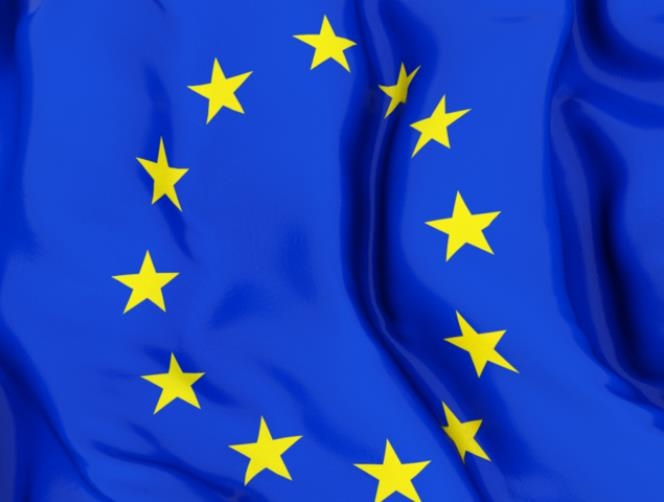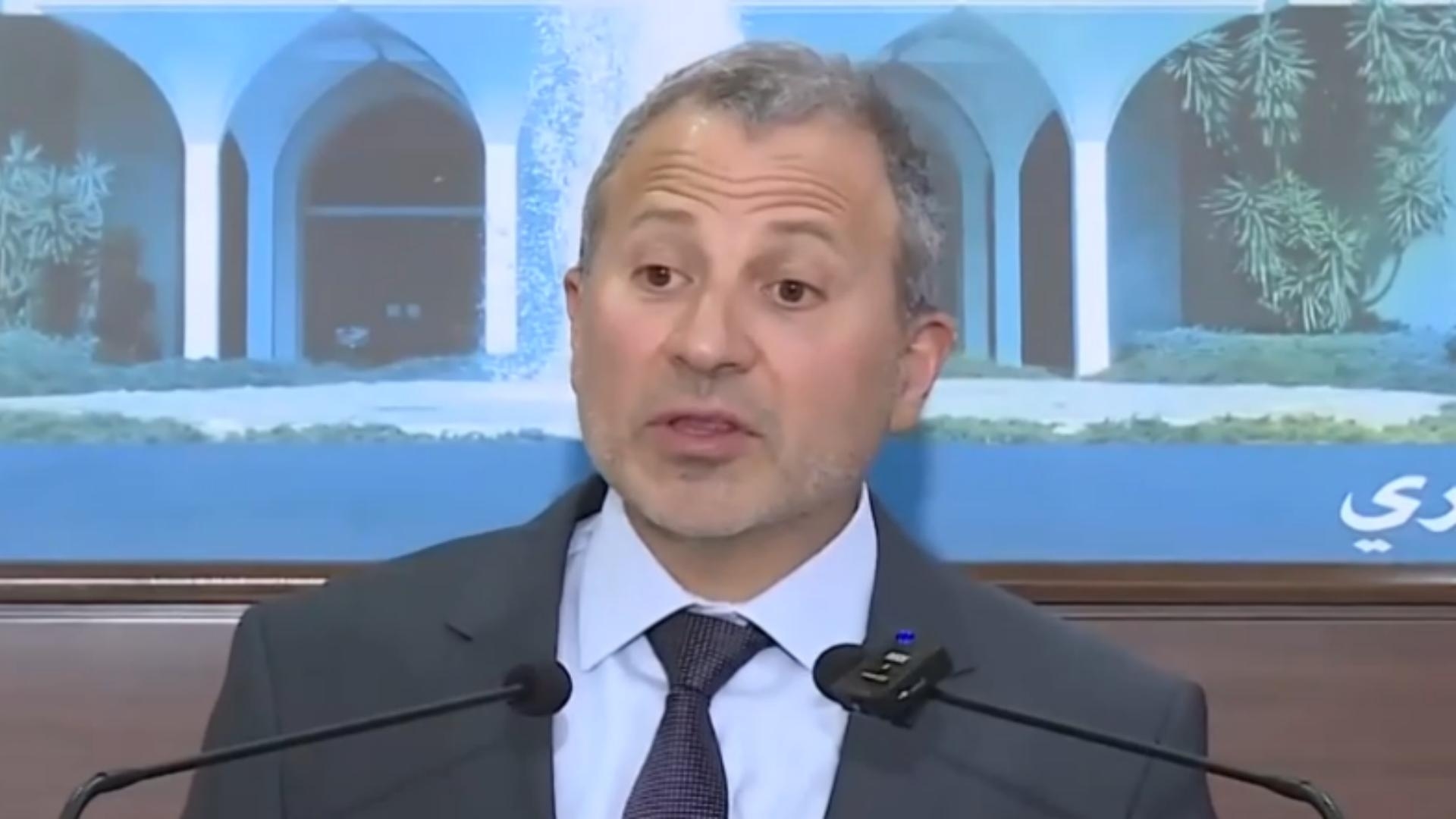Reuters
EU states agreed a preliminary compromise on Wednesday on how much mobile telecoms operators can charge each other to keep their customers connected while abroad, easing concerns that a flagship EU policy to end retail roaming fees could backfire.
Anxious to revive support for the European Union amid a surge in nationalism of the kind that saw Britain vote to quit the bloc, the EU has trumpeted a scheme that will end the unpopular practice of operators charging additional fees when people make calls or use the Internet in other EU countries.
But the looming end to retail roaming fees next June was accompanied by concerns that, without an agreement to cap the wholesale charges operators impose on each other to make the roaming system work, some firms might stop offering the service or recoup lost revenue by jacking up prices at home.
Wholesale charges for data had been the main sticking point.
EU envoys backed a proposal by Slovakia, which holds the rotating EU presidency, to set a glidepath for wholesale roaming data charges that will see them capped at 1 euro cent per megabyte -- 10 euros per gigabyte -- in June and decreasing to 0.5 euro cent per megabyte from June 2021, diplomats said.
Sending a holiday snap can consume about a megabyte.
They also backed a Spanish proposal that would let operators hosting EU tourists on their networks charge more than the wholesale cap in exceptional circumstances if they are unable to recover their costs, two of the sources said. Breaching the cap will need prior approval from regulators.
However the surcharge will be limited so that the final amount a foreign operator will have to pay will not exceed 8.50 euros per gigabyte, meaning that operators would only have an incentive to levy a surcharge from 2019 onwards, when the wholesale cap dips below that level.
Wednesday's agreement still needs to be confirmed by ministers in December and be approved by the European Parliament before becoming law.









